 Happy Birthday to my most Raucous Royal, my daughter- Charlotte Elizabeth! 450 years ago today, Charlotte's namesake ascended the throne of England.
Happy Birthday to my most Raucous Royal, my daughter- Charlotte Elizabeth! 450 years ago today, Charlotte's namesake ascended the throne of England.On November 17th, 1558, Elizabeth’s half-sister, Mary I died early in the morning. The 25-year old princess Elizabeth was eagerly awaiting news of Mary’s condition at Hatfield House in Hertfordshire. As a sign that Elizabeth had been declared queen, her servant was to bring her the ring that Mary’s husband, King Philip II of Spain, had once given the now very dead queen.
According to legend, a horseman galloped up with the coveted ring and gave it to Elizabeth. The new queen then fell to her knees in prayer and recited the biblical verse, “A DOMINO FACTUM EST ISTUD ET EST MIRABILE IN OCULIS NOSTRIS”(This is the Lord’s doing and it is marvelous in our eyes.)
From the moment the ring was
 placed on Elizabeth’s finger, the Virgin Queen became wedded to her country.1 Now, Elizabeth could stop pretending that she was listening to the Catholic mass and go about stuffing her face with comfit cakes and marchpane.2 No, not exactly. Elizabeth had her work cut out for her. She inherited a country on the verge of bankruptcy, stricken with plague and pestilence and its people polarized by religious unrest. Things were messy. On top of these challenges, imagine stepping into a new job where all your employees are loyal to the previous boss. Her employees (called her Privy Council) wanted to carry on with business as usual – you know….taxes, poverty, beheadings, burning, hangings, quartering and bear-baiting. Elizabeth promptly fired all but ten. She appointed as her Secretary of State, William Cecil, a dour, little man who loved to wear black and never forgave a wrong.3
placed on Elizabeth’s finger, the Virgin Queen became wedded to her country.1 Now, Elizabeth could stop pretending that she was listening to the Catholic mass and go about stuffing her face with comfit cakes and marchpane.2 No, not exactly. Elizabeth had her work cut out for her. She inherited a country on the verge of bankruptcy, stricken with plague and pestilence and its people polarized by religious unrest. Things were messy. On top of these challenges, imagine stepping into a new job where all your employees are loyal to the previous boss. Her employees (called her Privy Council) wanted to carry on with business as usual – you know….taxes, poverty, beheadings, burning, hangings, quartering and bear-baiting. Elizabeth promptly fired all but ten. She appointed as her Secretary of State, William Cecil, a dour, little man who loved to wear black and never forgave a wrong.3Elizabeth's new Privy Council may have ensured a smoother transition, but they certainly were not about to change their views on a ruler of the “weaker sex”. When a messenger mistakenly took a letter directly to Elizabeth, Cecil chided him by saying, “a matter of such weight….too much for a woman’s knowledge.”4
So how did a mere woman take a war-ridden, bankrupt, second-rate country into an age of literacy, art and prosperity? That’s a long tale. Check out the book section to read more about Elizabeth.
(1) Philip was none too happy about the change of power, nor did he get his ring back.
(2)Elizabeth really liked sweets.
(3)Cecil had recorded in his journal every Protestant that Mary had killed for heresy. You could say he had a bit of a bone to pick with the Catholics.
(4) Thomas, p. 85(3)Cecil had recorded in his journal every Protestant that Mary had killed for heresy. You could say he had a bit of a bone to pick with the Catholics.
Sources and Futher Reading:
Jenkins, Elizabeth. Elizabeth the Great. New York, NY: Coward-McCann, 1958.
Thomas, Resh Jane, Behind the Mask, The Life of Queen Elizabeth I, New York: NY, Clarion Books, 1998.
Jones, Norman. "Advice to Elizabeth." History Today, November 2008, pp. 14-20. 
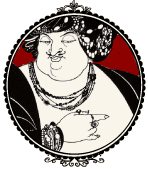

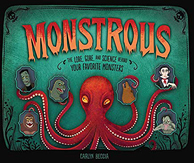
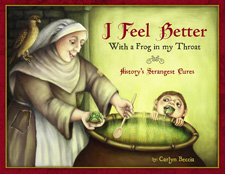
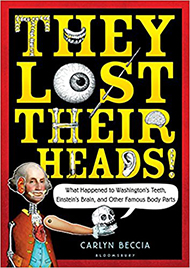


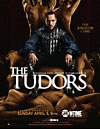

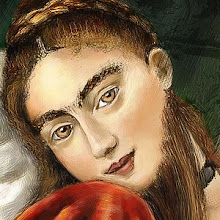

1 comment:
What a great post! It makes me want to go and watch the first Elizabeth movie with Cate Blanchette, even though a lot of it is historically inaccurate, but she made a great young Elizabeth.
Post a Comment